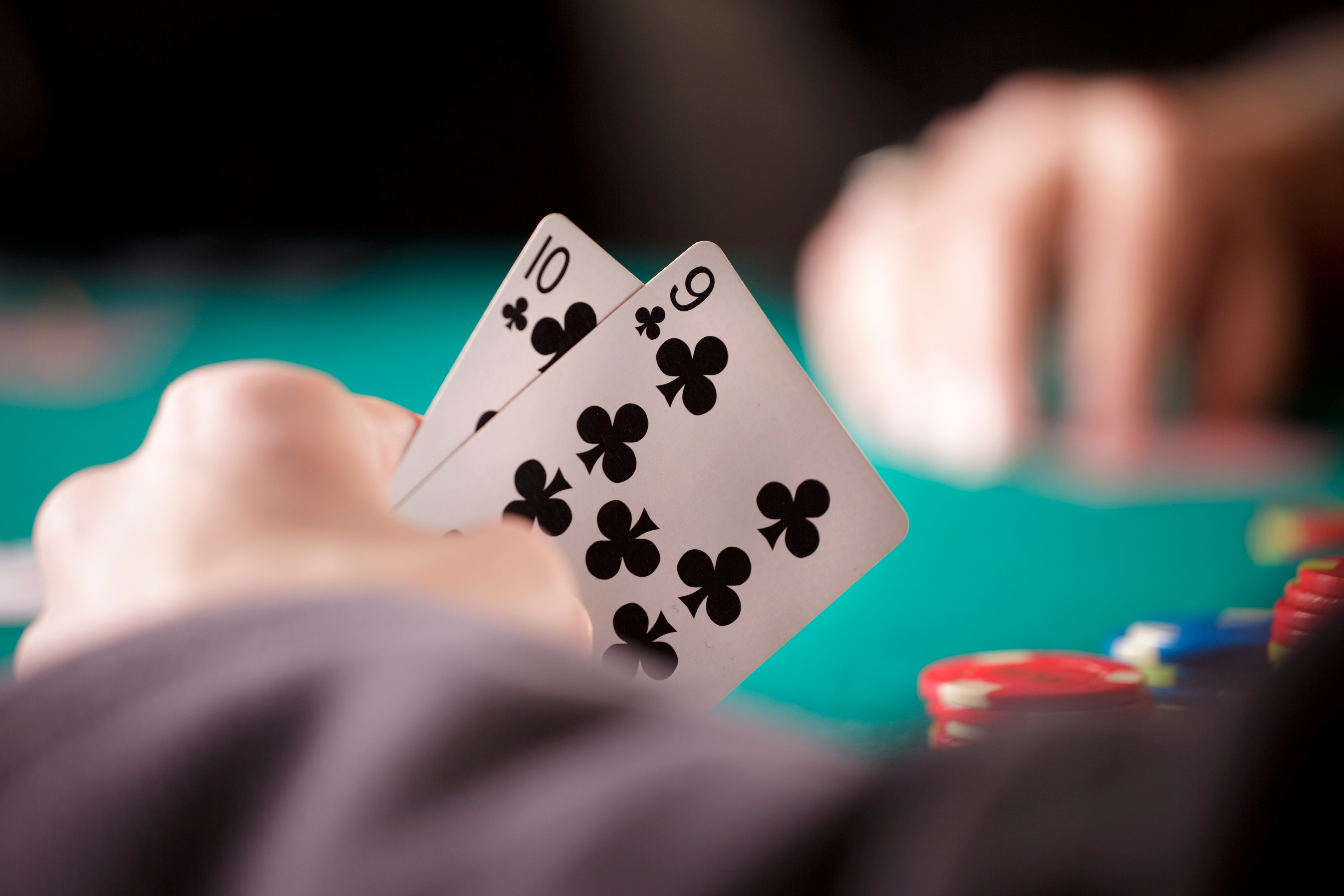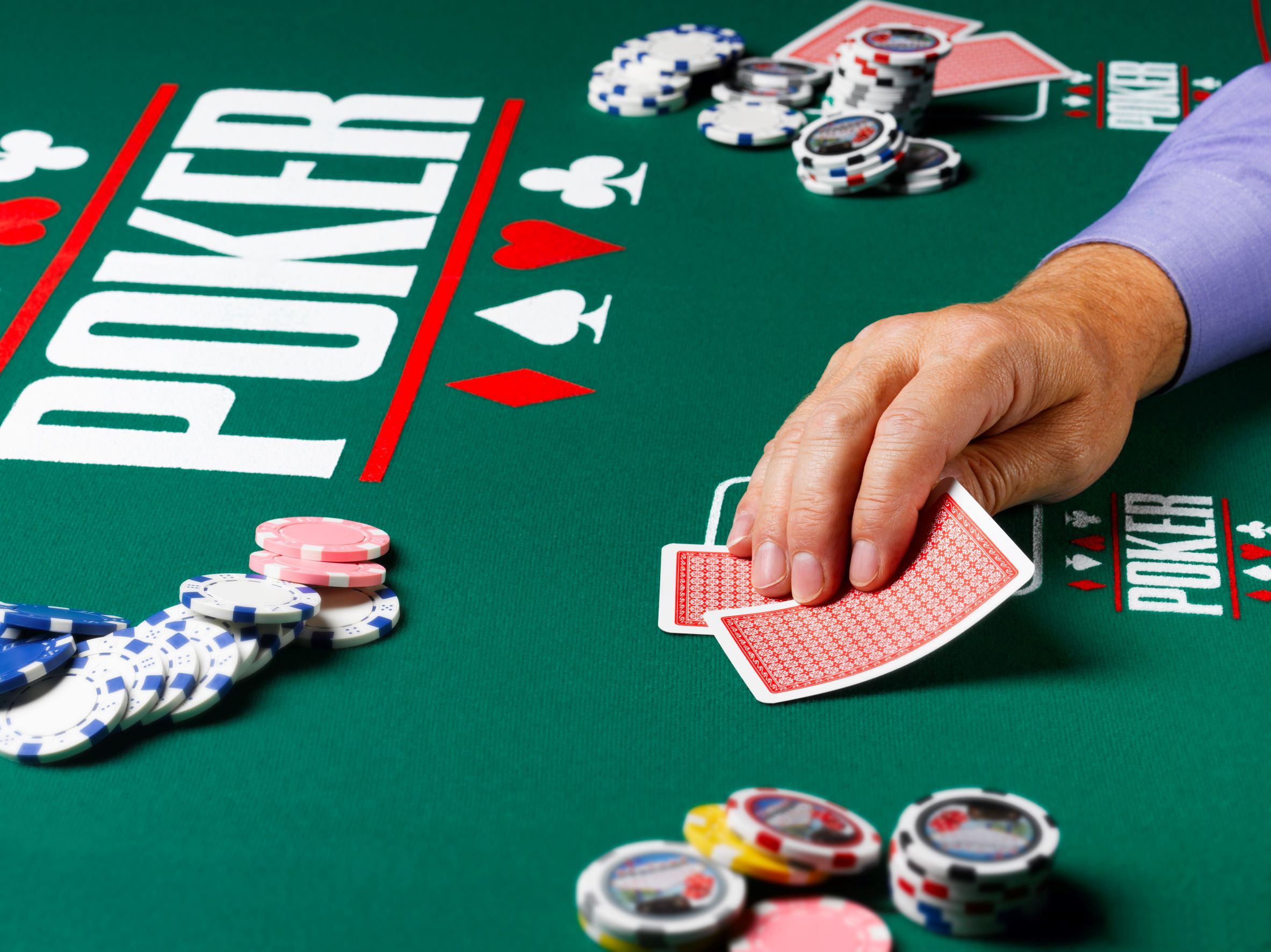
POKER STARTING HANDS GUIDE

POKER STARTING HANDS GUIDE
On its face, poker is a game that's quite easy to learn. Beneath the surface, it's a game of nuance in which reading opponents is as important as understanding probabilities. If you're new to the game, you’ll soon learn the intricacies involved in this contest of luck and skill.
In Texas Hold 'em poker, the starting hand kicks off everything. It's the first element in a series of bets, raises, and checks that sometimes lasts several rounds, often until the last few players face each other in a final betting showdown.
Though no starting poker hand guarantees that you'll win the game, this article will look at opening hands for Texas Hold 'em style of poker and deliver insights into which starting poker hands give the best chances of winning.
What’s the Significance of the Starting Hands in Poker?

At the beginning of each hand, the dealer hands out two cards—face-down—to you and each of your opponents. You're allowed to look at your two cards as often as you wish, but no player may look at any other player's cards. These two cards are called the "hole cards" or "starting" poker hands.
Your starting cards have a significant impact on the rest of the game. Throughout each hand and over the course of subsequent rounds, the dealer places five more cards face-up on the table for all players to share. Your ending hand consists of the best five-card combination, made up of your hole cards and the five community cards the dealer draws throughout the hand.
Starting hand groups
If the two cards you hold at the beginning of the game appear as though they can form a good ending poker hand, you’ve got a starting hand group that can improve your chances of winning the pot. With four suits of 13 different card values, there are 169 possible starting two-card combinations. Of course, there are some very good starting poker hands and a good number that are not as strong.
A strong opening poker hand is likely connected, either by suit or numerical sequence. The closer the two cards are to each other in sequence, the greater the likelihood of connecting through the shared cards. The best starting poker hands will contain two cards that already share a connection, either by being a pair, in consecutive order, or by sharing a suit.
The worst opening hands will be two cards of differing suits spaced more than four numerical values apart from each other. For example, a king of clubs and a three of diamonds cannot be connected to each other with any three-card combination from the shared cards.
Suited cards
Suited cards mean that they are of the same suit. Unsuited, or offsuit, simply means that the cards don't share the same suit. Players may choose to continue to the flop if they hold two suited cards—regardless of the face value—because they could lead into a flush.
Kicker cards
It's possible for two players to end with identical hands. For example, if Player 1 has AQ offsuit, aka AQo, Player 2 has A7 offsuit, aka A7o, and the community cards are A3346, each player would have two-pair (Aces & 3s). Player 1 (AA33Q) would beat Player 2 (AA337) because of their higher kicker. In cases of a tie, the deciding card is called the "kicker."
Less aggressive players often fold before the flop when holding an offsuit hand containing a low-numbered card. Even if they get a high card pair, there's a chance that another player will also hold that same pair with a higher kicker.
The number of players
The number of players at the poker table influences the impact of opening poker hands. Dealing two cards to four people each is eight cards—or 15.4% of the total cards in the deck. However, a table with nine players means the dealer passes out 34.6% of the total deck each game.
When you're holding an A4, the chances are higher in a nine-player game than in a four-player game that another player also received an ace. This means there's a pretty good chance that another player was dealt A5 or better. If the A4 are unsuited, a more cautious player will likely fold before the flop.
How the Starting Hand Affects Betting
The strength of your starting poker hand impacts whether to call, fold or raise preflop. Two sequential cards—suited or not—can draw into a straight. If they're suited, that also offers the possibility of drawing into a flush. For example, if you receive a 9 of hearts and 8 of hearts, aka 9h8h, you may want to bet preflop, no matter your table position, since the cards offer the potential for a straight or a flush.
Gappers are a starting hand of two cards with one to three card values between them. For instance, a starting hand of 5 and 8 gives you a gap of two—needing a 6 and 7 to complete the sequence. If a 6 and a 7 are dealt on the flop, then a 4 or a 9 on the next two streets, you’d end up with a straight.
Table position affects a starting poker hand's impact. If you're in an early position pre-flop, you might open with a single-card gap, but opt to check or fold if you have a two or three-card gap.
When should I raise?
Before the flop, if you're holding two cards in sequential order or two suited cards—depending on your position—you may want to consider a raise. A strong pair, such as JJ, or suited high cards may also prompt you to raise. In later positions preflop, a substantial raise will likely intimidate players with weaker hands into folding.
When should I re-raise?
Ultimately, the choice to raise, re-raise, check, fold, or call rests with you and what you feel comfortable doing. If you have a read on the player and can get them to bet and fold how you want, when you want, you're likely to play a bit more boldly than if the earlier hands haven't been going your way.
How to Play a Weak Starting Hand

When you're dealt a weak hand ahead of the flop, you may be tempted to fold or check right away. However, there are occasions when you might consider betting on your hand.
When to bet preflop
If you're on the button—which is the last betting position after the flop—a good hand and healthy raise can push the small blind and big blind to fold if they're not holding a strong hand. If you're betting from an early position, aggressive bets often push more cautious players into folding or calling. Even if this strategy doesn't win early on, it's a helpful way to evaluate how other players approach their bets, which is valuable information in later games.
When to fold
If you hold a weak hand at a late position, you're better off folding if earlier positions have put in considerable raises. Follow this advice if you also hold weak cards from the big blind or small blind positions. Keep your chips for big pots that you can approach with confidence and a strong opening poker hand.
The bottom line is that your opening hand strongly influences the game's outcome, but it's not the only factor in deciding the outcome. Poker is a dynamic game of widely different personalities, temperaments, and other probabilities to consider. With some practice and experience, you can understand the finer nuances of the game and the benefits and drawbacks of starting poker hands.
